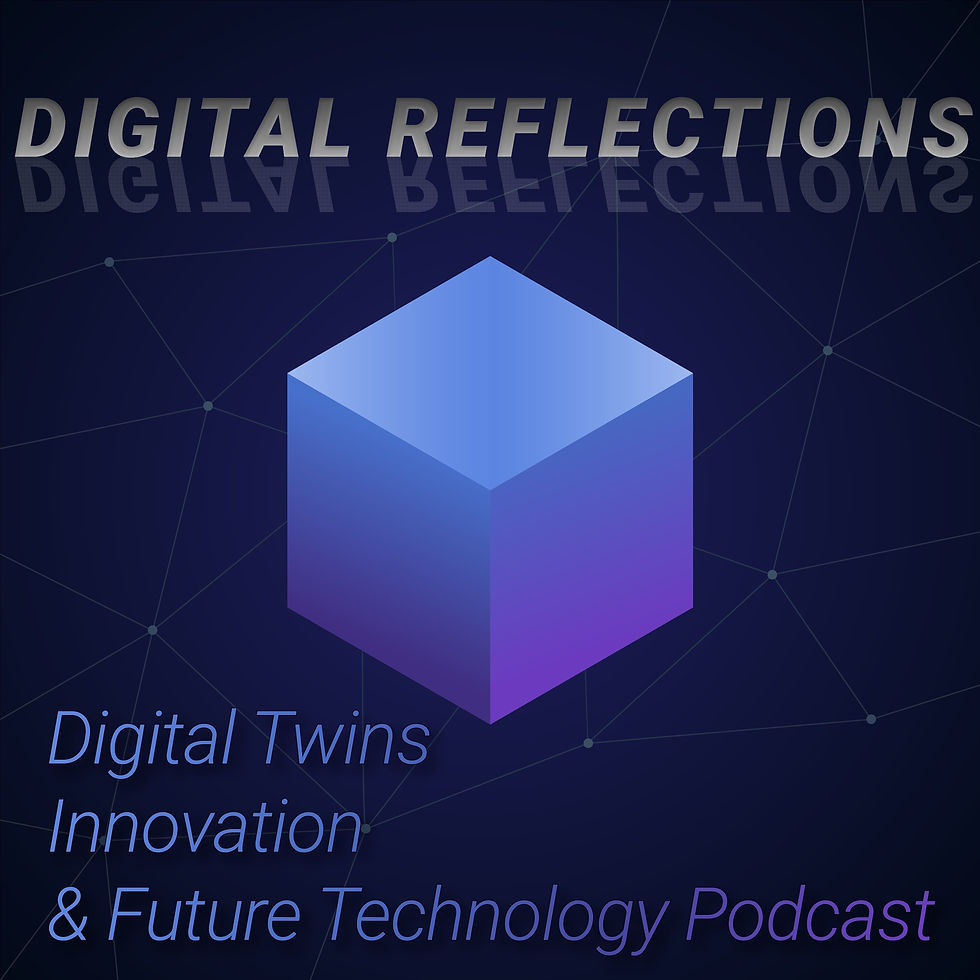Introducing the doughnut to Glasgow students
- lindseymaycock

- Feb 7, 2024
- 2 min read
A discussion on the doughnut
I was invited to give a guest lecture introducing doughnut economics at The University of Glasgow as part of an introduction to climate change and sustainability course. This lecture was the first in the 'solutions' part of the course following a series of lectures on climate injustice. The lecture explained the concept of doughnut economics and economic degrowth, real examples of how governments, cities and communities around the world are utilising post-growth ideas, and how the commons and sharing resources can help us to achieve justice for people and the planet. The students came from a wide range of degrees and they discussed what their lives and future careers could look like in a post-growth economy. Some of the students expressed hesitation as to whether or not achieving the doughnut model was possible. One student suggested that there needed to be greater awareness about the initiatives designed to promote living within the doughnut. However, the students could also identify opportunities created by doughnut economics. A student who studied IT suggested that right-to-repair laws could become more common, meaning that this could create a demand for skills in repairing hardware.

I explained how the commons could help us live within the doughnut and referenced a case study called Wind Empowerment - an association for the development of small wind turbines in rural areas.
Student perception of doughnut economics
During my lecture, I discussed my dissertation on student perceptions of doughnut economics. My dissertation found that more students tended to believe that shifting mindsets and behaviours away from consumerism was key to tackling environmental breakdown as opposed to those who believed in green growth. They also showed high levels of support for sustainability policies such as job guarantees that could help us live within the doughnut. I hope that guest lectures such as this one can be the beginning of a new curriculum that teaches us about the world differently. When students come together to discuss their attitudes towards the future of the economy, brilliant ideas start to flourish.




Comments